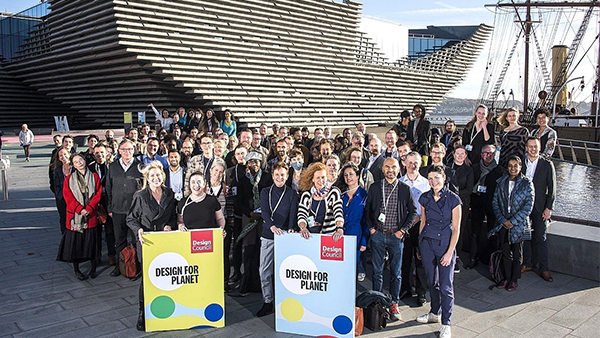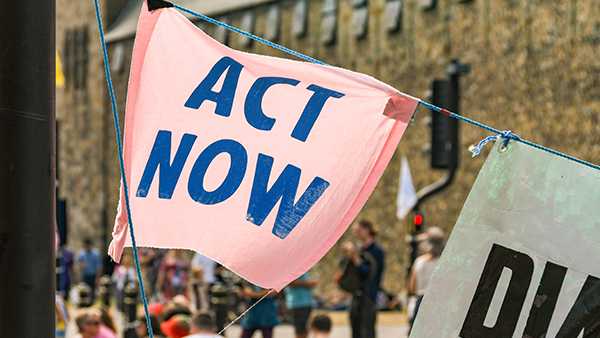There are a number of reasons why it is hard for the Government to have its ideas taken seriously. It is unpopular, Gordon Brown is communicatively challenged, and its future policy plans are seen as irrelevant given it is unlikely to be in a position to enact them.
To take one example, this is an important week for the debate about climate change. After a mini blip, world temperatures are resuming their upward climb. Predicted weather extremes may have a major impact on crops and food prices. It got remarkably little attention, but there was important progress at the G8 summit, something for which the UK deserves some credit. Against all expectations just a few months ago, a substantial agreement at Copenhagen now seems possible. And later this week we will see the Government’s own plan outlining how it intends to meet the very ambitious long term target it has set for reductions in greenhouse gas emissions. It remains to be seen whether the public will be interested or willing to give Brown any credit.
From green policy to green papers; today’s report on social care may also be greeted with a shrug. After all, Labour has been putting off this issue since 1999, it hasn’t got time to act on its various recommendations before the next election, and anyway, on the toughest issue - who pays and how - the paper offers options rather than a recommendation. But regardless of whether Labour will be able to implement its strategy, the package deserves serious debate.
As I understand it, the green paper is bold in two contrasting ways. On the one hand, it seeks to turn social care from being a service for the poor to one that is universal. It does this by guaranteeing that everyone needing care - regardless of their income - will be entitled to advice and guidance from the state. On the other hand, the green paper clearly implies that of its various payment options it favours the social insurance (or as it is inelegantly referred to ‘co-payment’) model. In this scheme people are opted in (another example of nudging here) to an insurance scheme whereby they commit a lump sum either at retirement or death to insure social care costs. In this way, risk is pooled and care is affordable to both the individual and the state.
I am told that there were some in Government who opposed the publication of such a radical plan fearing a public backlash against being asked to pay. But the green paper’s advocates have two things going for them: first, focus group research showing that if people believed that insurance would protect them from the risk of having their other assets gobbled up in care fees they were happy to pay; second, the new health secretary Andy Burnham - perhaps sensing this is may be one of his last opportunities to make a big policy impact - has been a strong champion of radicalism.
Politically, things still look grim for Labour. The economic recovery is fragile and slow. There is a constant stream of criticism about the Brown style of leadership. From what I hear of the canvass returns from Norwich North, England are more likely to win the next four Ashes tests than Labour coming close to winning the by-election. Yet, despite that, or maybe even because of that, the policy ideas of a Government that has little to lose from being bold are worth taking seriously.
Related articles
-
Regenerative organisations: the time is now, the place is here
Joanna Choukeir
Regenerative organisations are vital to our regenerative future. The time is now for the RSA to emerge as such an institution.
-
A design revolution for the climate emergency
Joanna Choukeir
Joanna Choukeir on Design for Planet, the global gathering of designers during COP26, and the changes design must make.
-
The public are ready to go further and faster on net zero
Anthony Painter
The public are ahead of policy-makers and, indeed, most of the business world. COP26 is an enormous opportunity to catch up. Global leaders should take it.




Be the first to write a comment
Comments
Please login to post a comment or reply
Don't have an account? Click here to register.